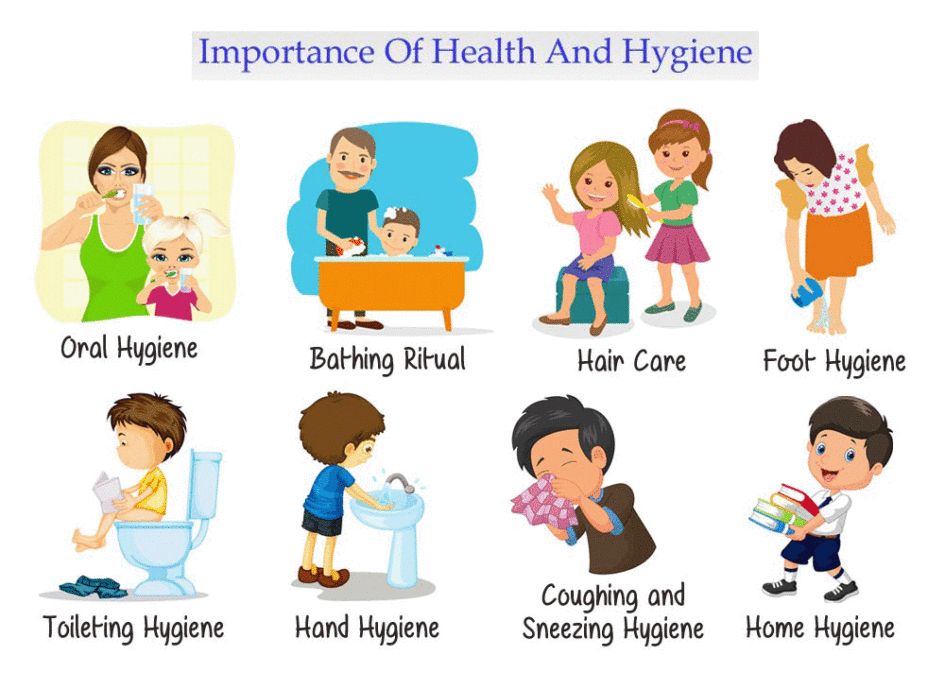Health And Hygiene
Jun 14, 2019 • 830 views
Health,as defined by the World Health Organization (WHO), is"a state of complete physical, mental and social well-being and not merely the absence of disease or infirmity". This definition has been subject to controversy, as it may have limited value for implementation. Health may be defined as the ability to adapt and manage physical, mental and social challenges throughout life.
Hygiene is a set of practices performed to preserve health. According to the World Health Organization (WHO)," Hygiene refers to conditions and practices that help to maintain health and prevent the spread of diseases. "Personal hygiene refers to maintaining the body's cleanliness. Many people equate hygiene with' cleanliness,'but hygiene is a broad term. It includes such personal habit choices as how frequently to take a shower or bathe, washhands, trim fingernails, and change and wash clothes. It also includes attention to keeping surfaces in the home and work place, including bathroom facilities, clean and pathogen-free.

IMPORTANCE OF PERSONAL HYGIENE
Personal hygiene, today is taken as one of the most important thing. Today people maintain hygiene for personal reasons,social health and physicological or simply as away to run life. One of the most effective ways we have to protect ourselves and others from illness is good personal hygiene. This means washing your hands, especially, but also your body. It means being careful not to cough or sneeze on others, cleaning things that you touch if you are unwell, putting items such as tissues (that may have germs) into a bin, and using protection (like gloves or condoms) when you might beat risk of catching an infection.
SOME IMPORTANT HYGIENE PRACTICE ARE:
HandWashing -The best place to start when thinking about personal hygiene is our hands. We are constantly using our hands; touching lots of different surfaces, greeting people, eating, typing at work or playing at school. So it should come as no surprise that our hands are one of the biggest carriers of germs.
Dental Care-Looking after your teeth and practicing good oral hygiene will ward off gum disease, tooth decay and any nasty infections. Remember that you must always, Make sure you and your family ones brush your teeth twice a day after breakfast and before bed.
Floss regularly- Store your tooth brush in a clean, dry place and replace it regularly (especially after illness).
Hygienic Clothes- Dirt and bacteria can build upon your clothes too. As part of your personal hygiene routine it is important to take care of your clothes by washing and changing them regularly, especially if you or a family member has been unwell.
Bathing - You should try to have a shower or bath daily using warm water and soap. During very hot weather it might even be a good idea to wash twice a day if possible. Daily washing is an important part of personal hygiene.
